Ms. Ho Thi Anh Tho recounts her journey as a journalist after the country's liberation with many happy and sad stories. Photo: ALANG NGUOC
Climbing a pole to… broadcast
After more than 22 years working at the Dong Giang District Radio and Television Broadcasting Station (now part of the District Culture, Sports and Radio and Television Center), Ms. Mai Thi Hong Dinh (born in 1964, Co Tu ethnic group, residing in Prao town) still remembers clearly the days when she and her colleagues crossed forests and waded through streams to return to the base to work. Many trips, when recounted now, still feel "scary" after the journey of escaping death from the sudden flood from upstream.
Ms. Dinh said that in 1977-1978, the radio station was located deep in the forest near Ta Xi village, now Prao town. At that time, the station had only 3 employees, who did both cultural and information work and journalism and broadcasting activities.
Therefore, each person had to take on many tasks at the same time, from collecting news, writing articles to reading and handling technical issues. After the liberation, the district radio station only had one receiver connected to a microphone to read and broadcast through several loudspeakers located in the district center.
Ms. Mai Thi Hong Dinh cherishes a souvenir - a gift from the people during her previous field trip. Photo: ALANG NGUOC
Due to the lack of staff, there were times when Ms. Dinh had to follow her male colleagues to cut trees, dig holes, and even climb poles to pull wires and place loudspeakers.
Because she was “small and light”, for many years after that, Ms. Dinh always volunteered to climb the pole so that her two male colleagues could hold the pole to limit the tree from shaking, making it safer to install speakers high up. There were days when she was so tired climbing the pole, but when she got back to the office, there was nothing to eat, so the colleagues had to cook a pot of cassava together and pick vegetables from the garden to fill their stomachs.
“Back then, our job was to handle live reading of programs through the loudspeaker system. Every afternoon, we would make news stories, then read and broadcast the program ourselves for 15 minutes. It was mainly news in the district and content about policies, laws, and typical economic development models collected from newspapers, especially Nhan Dan, Lao Dong, and Quang Nam - Da Nang Newspapers,” Ms. Dinh recalled.
The time Ms. Dinh will never forget her work was in 1985. At that time, she and a female colleague named Ho Thi Huong (now living in Da Nang City) were assigned to go to Tu commune to learn about the lives of the people and report on the rice and food support activities of a unit for the local people. After finishing their work, both of them left. It was late afternoon, when they passed the Na Hoa spillway, the flood suddenly came, the water rose very quickly.
“Huong and I were swept away by the flood, floating in the water, luckily we were able to hold on to a tree branch. This place was far from residential areas so we couldn’t call for help. At that time, we thought we were going to die. But we still tried to hold on to the tree branch to fight the flood. It took nearly an hour for someone to discover us and call for help,” Ms. Dinh recalled.
Journalism is always precious.
Once, I heard Ms. Ho Thi Anh Tho (born in 1957, Xe Dang ethnic group, in Song Tra commune, Hiep Duc district) tell that around 1976, at that time she was working at Phuoc Son district radio station, and went to the province for a meeting with a group of mountainous cadres.
A reporting trip to remote and border areas by a reporter from Quang Nam Newspaper. Photo: DANG NGUYEN
At that time, the road to Phuoc Son was not yet open, so all trips had to be walked for many days, following mountain trails. When it was time to return, right at the border between Phuoc Son and Hiep Duc forest areas, a sudden flood occurred. Unable to cross the river, the Phuoc Son cadres had to stay right at the edge of the forest. That evening, the whole group had to fast and sleep in the cold fog. Early the next morning, everyone got up early to go up the mountain, crossing the forest path.
During her time working at the station, in addition to being in charge of broadcasting programs, Ms. Tho and her colleagues also pulled wires and installed loudspeaker systems to serve listeners in the forest area.
Later, in her spare time, she wrote more news and articles. In 1986, when she first arrived at Hiep Duc, the unit's headquarters had to temporarily borrow a private house. All reporters and editors of the station had to stay and take shelter in the tiny house, which was very difficult. In addition to handwritten news, the people working on the radio at that time often used the trick of cutting small pieces of newspaper with the content that needed to be read and then clipping them into the program documents for broadcasting.
Ms. Tho's journey to work for the radio station lasted more than 14 years, from 1976 - 1990, before she moved to work as a cadre in Song Tra commune (Hiep Duc). During her time working at Phuoc Son Radio Station, then Hiep Duc, almost every month Ms. Tho traveled to the village to learn about the lives of the local people.
The distance was long and isolated, so the "news hunting" trips were all on foot. Once, Ms. Tho and a colleague asked to use a truck carrying wood to work at K7 (Phuoc Tra, Hiep Duc), but only half way there was a heavy rain, the truck got stuck in the mud and could not go any further, so they had to roll up their pants and walk all day.
“The road to K7 was full of deep forest. Because we didn’t bring any food, we had to go hungry for many hours. Luckily, we came across a house at night and went in to beg for food. Otherwise, we would have passed out in the forest,” said Mrs. Tho.
Ms. Tho said that journalism, no matter the time, is always valuable. Because of its propaganda mission, journalism contributes to raising people's knowledge, helping people gain new knowledge to do business, build their lives, and reduce poverty.
When she was Deputy Secretary of the Party Committee of Song Tra Commune in the years after 1990, in meetings with people, she often used good stories from newspaper articles to propagate and mobilize; especially in taking care of education development, cultural preservation, typical collective economic models... helping the journey of building a new life to be more rich and practical.
Source: https://baoquangnam.vn/lam-bao-o-nui-thoi-bao-cap-3157042.html


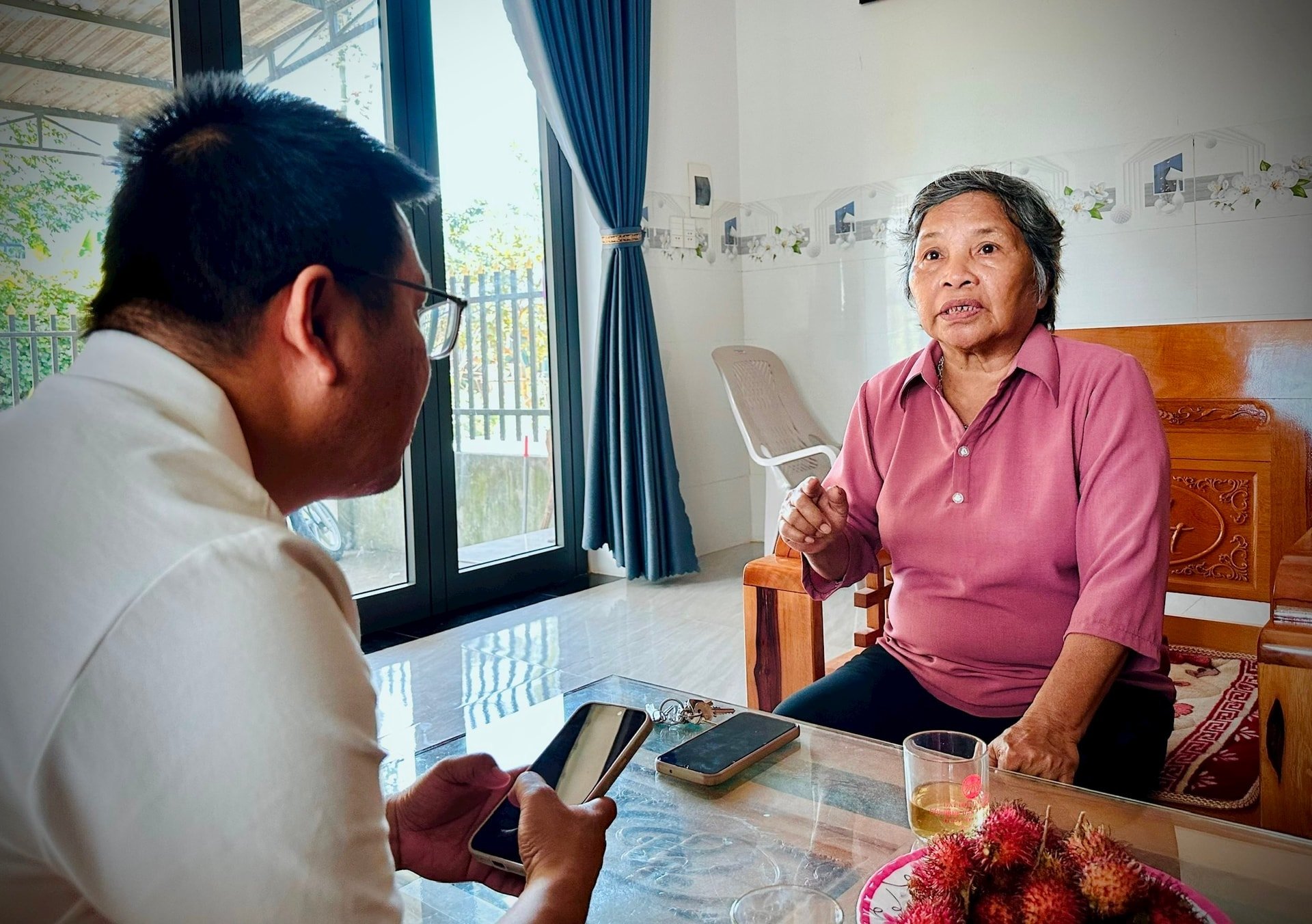
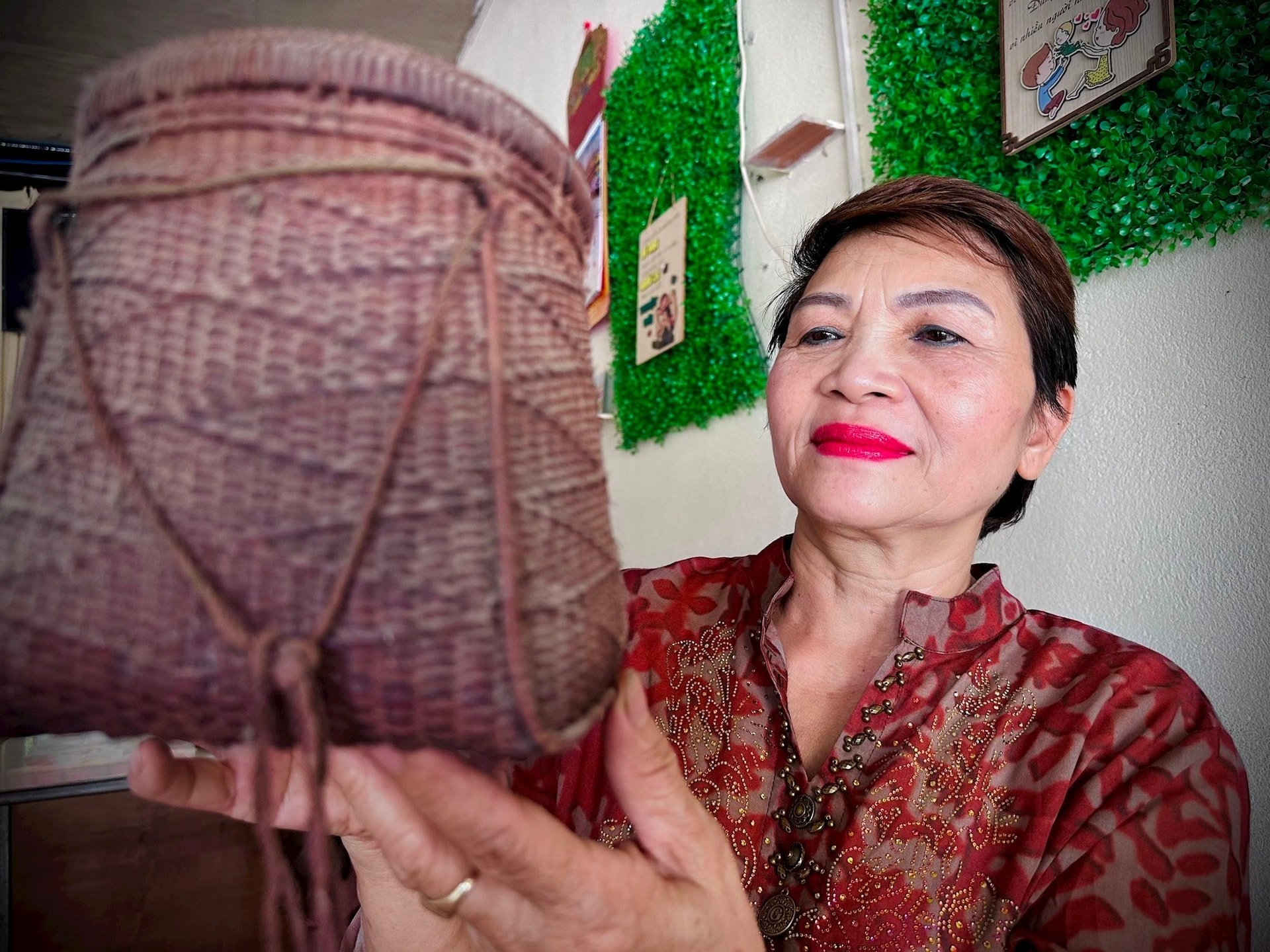





















![[Photo] Nghe An: Provincial Road 543D seriously eroded due to floods](https://vphoto.vietnam.vn/thumb/1200x675/vietnam/resource/IMAGE/2025/8/5/5759d3837c26428799f6d929fa274493)
































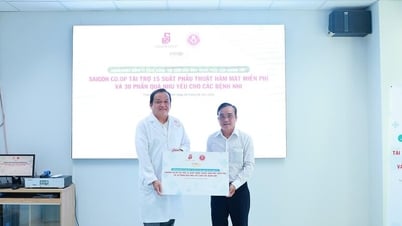








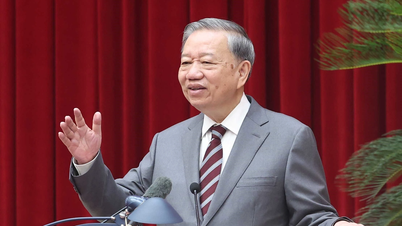
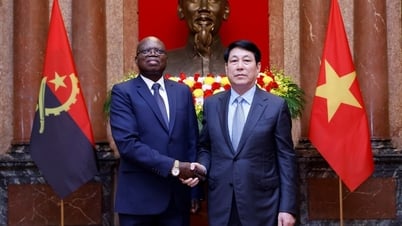

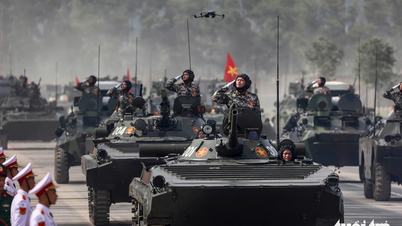
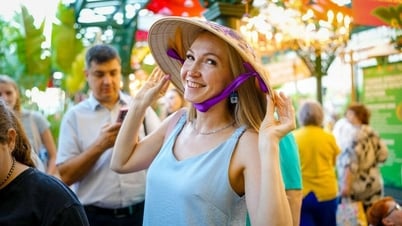



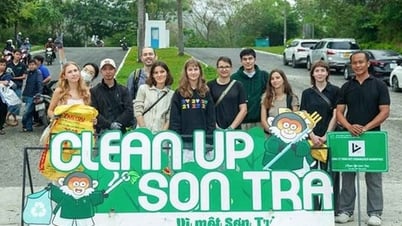
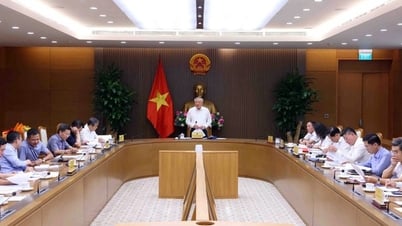
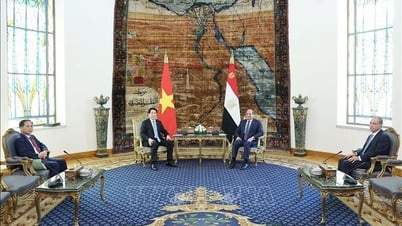

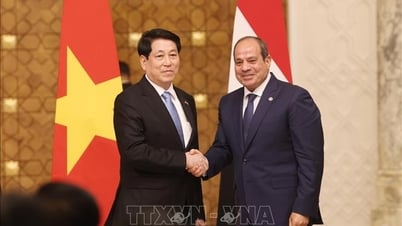

















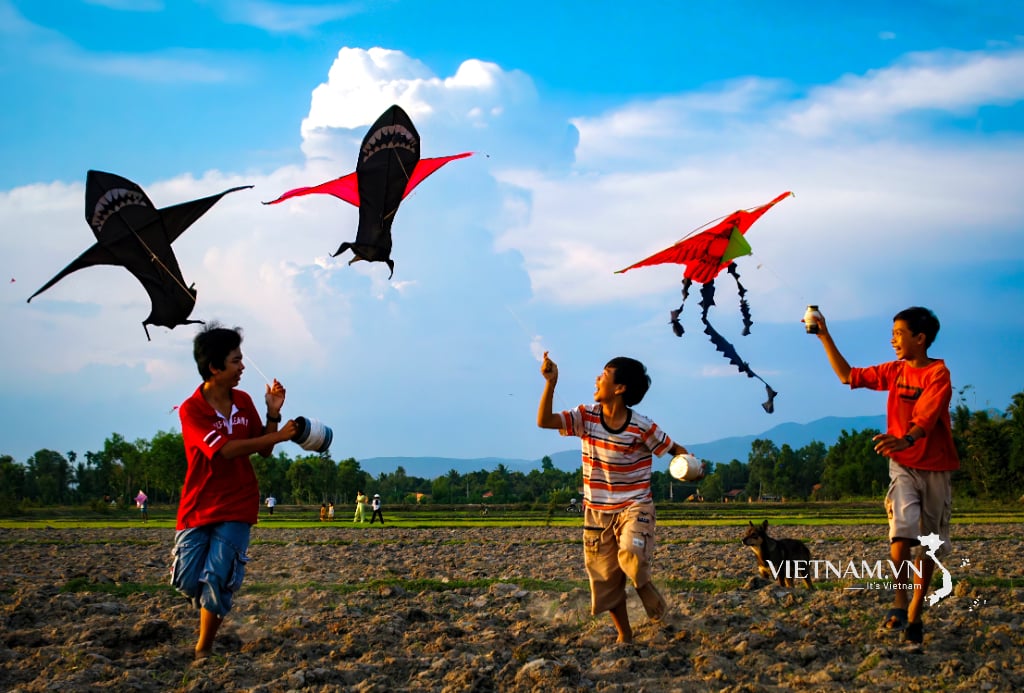


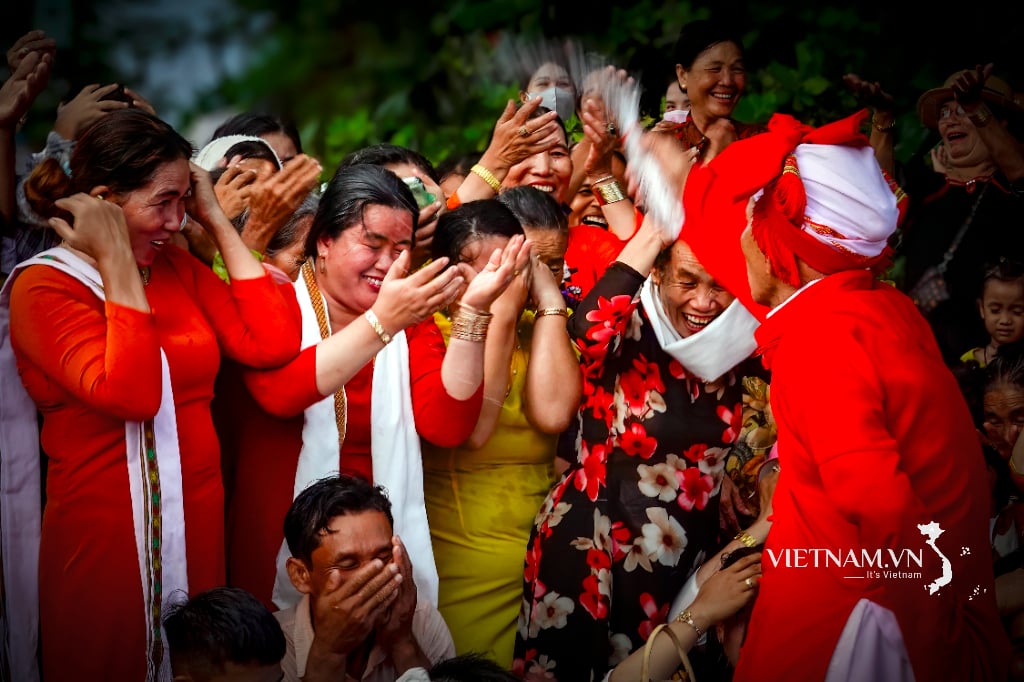
Comment (0)